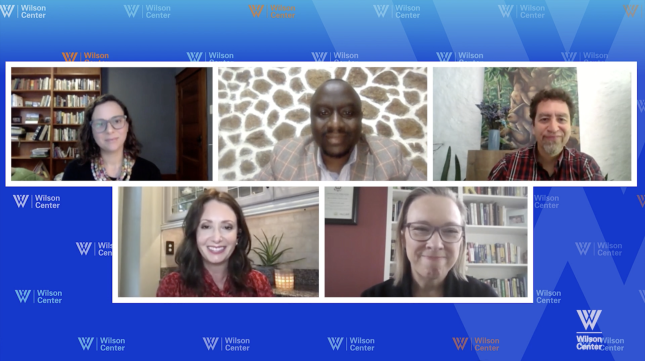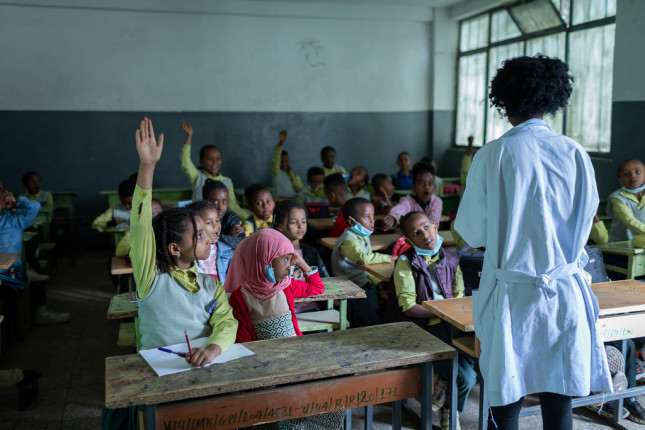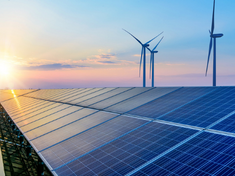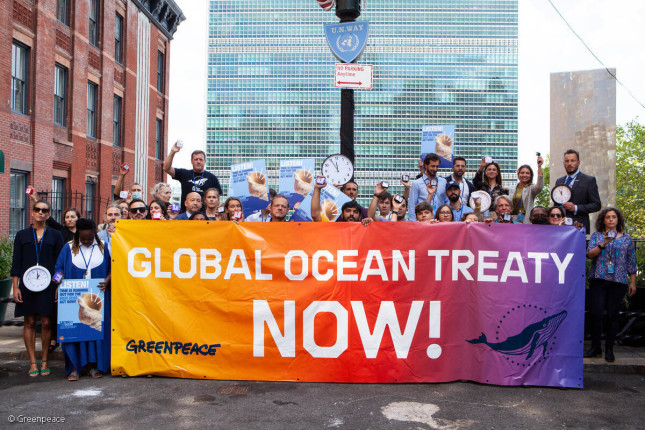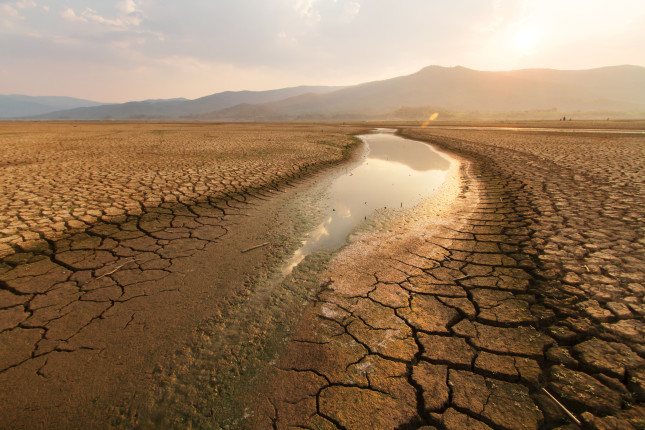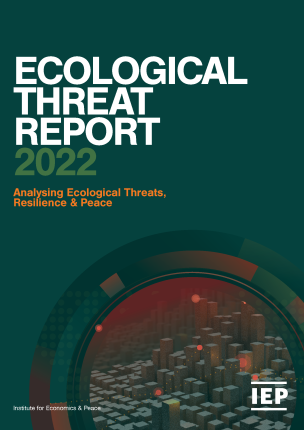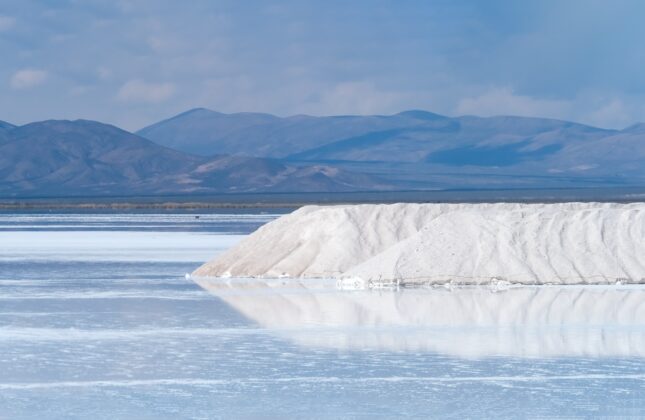-
An Inextricable Link: Maternal and Newborn Health and Climate Change
›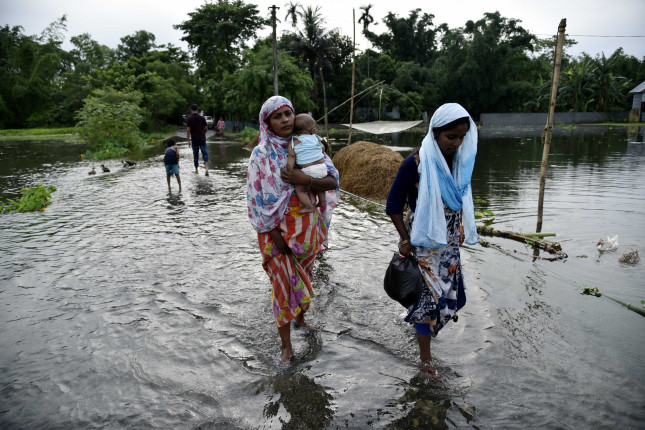
“The effects of climate change can begin in the womb,” said Sarah Barnes, the Project Director of the Maternal Health Initiative at the Wilson Center at a recent event on the impact of climate change on maternal and newborn health outcomes, hosted by the Wilson Center and UNFPA. It is a connection that “[makes] it imperative that climate change and maternal and newborn health leaders work together to tackle climate change and improve maternal and newborn health outcomes, globally.”
-
Climate Change, Population, and the Shape of the Future
›
As the world’s attention has turned in November 2022 to the UN COP 27 climate change conference, another important global milestone is also drawing attention. Today, November 15, 2022, the global population is predicted to reach 8 billion. By 2050, it will be 9.7 billion.
-
Meeting Africa’s Demographic Challenge
›
Often cast into the backwaters of U.S. foreign policy, sub-Saharan Africa now looms large as the Biden Administration grapples with a wide range of global challenges. President Biden will soon host the upcoming Africa Leaders’ Summit in Washington, that acknowledges the U.S. government must do much more in Africa in order to advance U.S. interests and global prosperity.
-
Meeting the Global Energy Transition: A Conversation with Jonathan Pershing
›
“Things that we used to think were 20 or 30 years into the future are in fact happening today… Climate change is noticeably changing the extent, the severity, and the frequency of these kinds of events.”
This stark assessment from Jonathan Pershing, Program Director of Environment at the William and Flora Hewlett Foundation, is at the center of a discussion of progress made and needed for international climate commitments, the role of critical minerals in the green energy transition, and climate-related migration trends with ECSP Senior Fellow Sherri Goodman and ECSP Program Associate Amanda King in this week’s episode of New Security Broadcast. Pershing brings a wealth of perspective to the conversation, drawing on his roles formally supporting Special Presidential Envoy for Climate John Kerry, and serving both as a Special Envoy for Climate Change at the U.S. Department of State and lead U.S. negotiator to the U.N. Framework Convention on Climate Change.
-
Deadlock in the Negotiation Rooms to Protect Global Oceans
›For decades, western multinational companies have been profiting by exploiting plant, animal, or microbial genetic resources obtained from less developed countries. Take the neem tree, for example. Since the 1990s, international companies have registered more than 70 patents on products derived from India’s “tree of life.” Yet these patents have prohibited local people from using these trees (as they had for centuries) to make cosmetics, fertilizers, and medicines.
International companies have now turned their eyes to the high seas in a new hunt for genetic resources. Concerned they will be left out of the potentially profitable patents once again, developing nations are demanding equitable use and benefit sharing of genetic resources in ongoing global ocean treaty negotiations.
-
Living on the Edge: Who’s Ready for Climate Tipping Points?
›
Climate impacts are growing more frequent and severe as global temperatures rise. Weather-related disasters have seen a five-fold increase over the past half-century. In many cases, these calamities are already testing the adaptation capabilities of vulnerable communities across the world. If emissions follow the trajectory set by current country targets, the chance of temporarily overshooting the 1.5 °C target in the next five years is 48 percent.
This failure would have implications for the global economy and international security. Yet despite the fact that climate change shapes geopolitics, climate risk itself has rarely been featured in international geopolitics and diplomacy.
-
Ecological Threats, Resilience and Peace: A New Assessment of Hotspots
›
Which nations are most at risk of catastrophic outcomes due to intensifying ecological threats? The third edition of the Institute for Economics & Peace (IEP)’s Ecological Threat Report (ETR)—released on October 20, 2022— applies a lens of societal resilience to predict the hotspots most likely to suffer from instability and conflict in the future, and provides projections of ongoing trends to 2050.
-
Creating a Just Transition in Green Minerals: A New Video from the Wilson Center and its Partners
›We need minerals to build the solar panels, wind turbines, and other technologies that will decarbonize our economies—and we need a lot of them. The World Bank estimates that demand for lithium, cobalt, and graphite could jump by as much as 500 percent by 2050. Yet mining for these resources has had a fraught history, and it continues to be associated with a hefty list of human rights and conflict risks, including violence, child labor, poor working conditions, land rights abuses, environmental damage and pollution, and a lack of community participation.
 A Publication of the Stimson Center.
A Publication of the Stimson Center.

